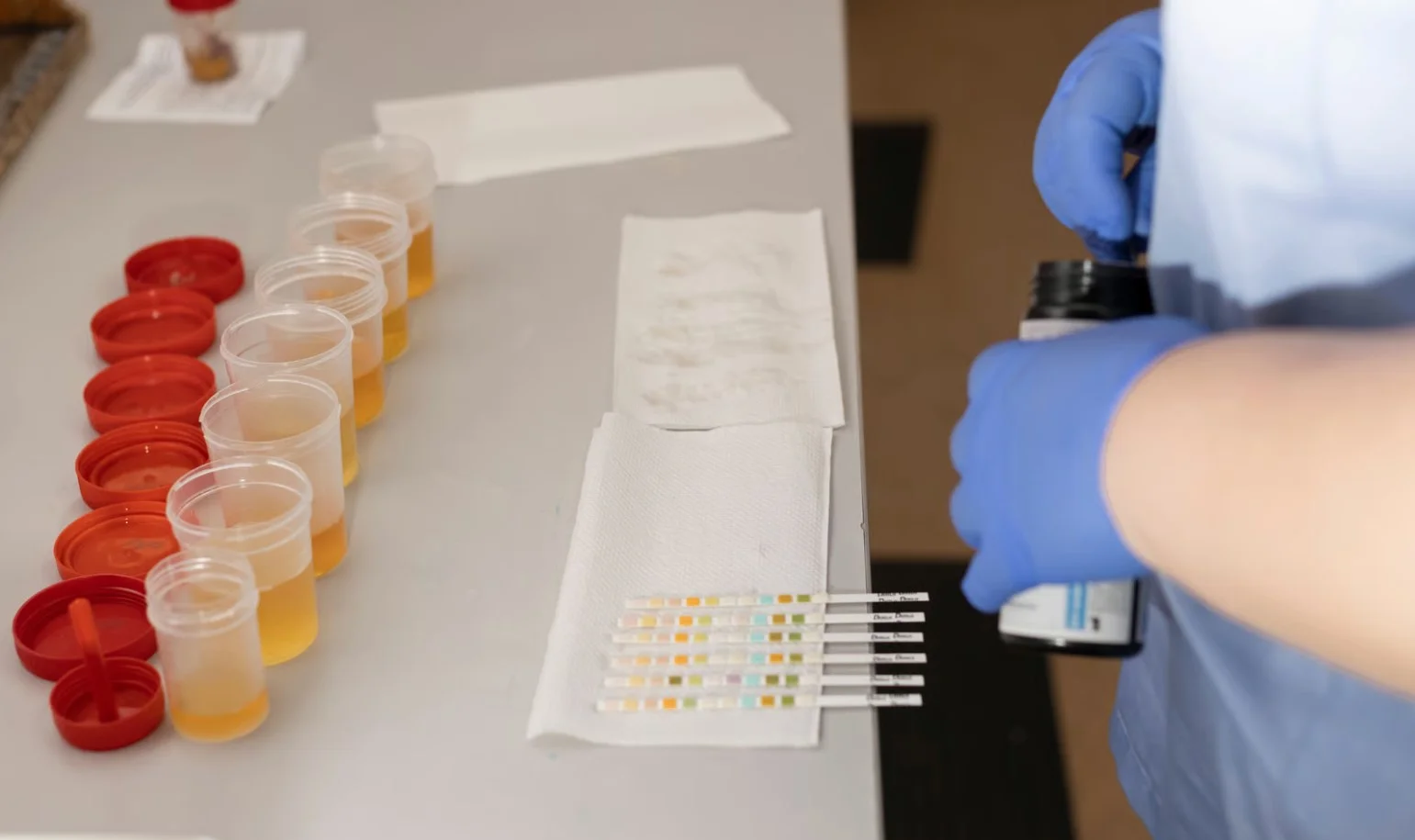Selecting the best Intensive Outpatient Program (IOP) involves more than simply picking a treatment plan or facility. It also involves figuring out a schedule that works for you. Everybody has a different situation. Work and recovery are being balanced by some people. Others are managing lengthy commutes, school, or parental responsibilities. For this reason, schedule flexibility for IOP is just as important as the treatment itself.
Treatment facilities have acknowledged this requirement in recent years and have broadened their options beyond the conventional 9–5 schedule. There is probably a setup that may accommodate your preferences, whether for online sessions, weekends, nights, or mornings. Here, we look at 30 flexible IOP scheduling choices that can help people in recovery maintain treatment consistency without having to put their lives on hold.
1. Morning IOP sessions
Ideal for those who work later in the day or who get up early. You can begin your day with clarity and concentration by participating in morning sessions, which usually run from 8 a.m. until noon.
2. Afternoon IOP Sessions
For those who have personal or family concerns to attend to in the morning, they are perfect. Typically, afternoon hours are from 12 to 4 p.m.
3. Evening IOP Programs
It is a popular choice among students and working people. Maintaining full-time responsibilities while putting rehab first is made simpler by evening classes, which are often held from 5 to 9 p.m.
4. Weekend IOPs
Weekend programming is a useful option for those with hectic weekday commitments. Longer sessions on Saturday and Sunday are often included in these IOPs.
5. Split Days Programs
Certain IOPs provide participants more flexibility for tough work schedules by allowing them to divide sessions between morning and evening on separate days.
6. Half-Day Intensive Options
These are streamlined programs that provide targeted treatment without needing a full day of attendance. They are a preferred choice of many participants because they allow them to balance treatment with part-time work or children.
7. 3-Day-a-Week Schedule
In these programs you are required to attend sessions on different days (Monday, Wednesday, Friday, etc.). It provides structure without taking over your weekly schedule.
8. 4-Day-a-Week Program
A perfect schedule for people balancing work or school. It has more intensity for those who benefit from extra therapeutic sessions.
9. 5-Day-a-Week Program
A good option for those coming out of residential treatment. It provides structure and consistency, which helps in the development of coping mechanisms throughout the early stages of rehabilitation.
10. Rotating Day Schedules
To accommodate participants with different schedules, several IOPs switch around the timing of their sessions every week. It’s a fantastic option for those whose job schedules change very often.
11. Virtual Morning IOPs
Outpatient treatment has changed as a result of telehealth. You can attend group therapy from home with morning virtual IOPs, which saves time on your commute while ensuring accountability.
13. Virtual Evening IOPs
These are scheduled for later in the day with the same high-quality treatment. These are more practical for many people’s post-work sessions, allowing them to unwind and reflect on their day in a safe environment.
13. Hybrid IOP Model
Combined online and in-person participation. Each week, you could participate in two in-person sessions and one remotely.
14. Drop-In Flex IOPs
Drop-in IOPs, which are designed for people with unpredictable schedules, allow participation at sessions that are accessible throughout the week without a set timetable.
15. Customized Weekly Plans
For parents, caregivers, or professionals with irregular work schedules, several facilities provide customized schedules.
16. Short-term IOP Tracks
These programs, which last three to four weeks rather than the usual six to eight, provide a shorter but efficient course of therapy for those who need immediate stabilization.
17. Long-term IOP Tracks
Long-term IOPs last for many months for those who benefit from continuing assistance. As you make progress, the frequency is gradually decreased.
18. Early Bird Sessions
For those who prefer to complete treatment before the start of the workday, some sessions start as early as 6:30 a.m.
19. Late-Night IOPs
Late-night options (ending around 10 or 11 p.m.) are becoming increasingly popular for those who work nights or are unable to attend during normal hours.
20. Flexible Enrollment Starts
Many facilities now accept rolling admissions instead of regular monthly intakes, allowing you to start whenever you’re ready rather than when the calendar specifies.
21. Gender-Specific Scheduling
In order to facilitate more comfortable group dynamics, some programs provide sessions exclusively for women or men at certain times of the day.
22. Profession-Specific Tracks
Teachers, first responders, and healthcare professionals often have different schedules. These programs are tailored to a particular profession with schedule sessions around their tough work schedules.
23. IOP Schedules for College Students
Numerous treatment facilities near colleges create programs that accommodate classes, guaranteeing that students continue pursuing their academic and recovery goals.
24. IOPs with a Parental Focus
In order to help parents engage in therapy without having to worry about childcare, morning or lunchtime sessions are often planned while kids are at school.
25. Adolescent IOP Options
Usually held after school hours to prevent scheduling issues. This allowed teenagers to get the treatment they needed while continuing their education.
26. Couples or Families IOP
Family members or partners can engage together during evening or weekend hours, promoting shared responsibility.
27. Faith-Based Flexible Hours
Certain centers provide faith-integrated programming that fits with religious or communal calendars, such as weekend services or nighttime prayer hours.
28. Holiday or Seasonal Adjustments
These provide continuous assistance without interfering with personal or family activities. Rehab centers modify their schedules for holidays or other seasonal events.
29. On-Demand Virtual Support
Many IOPs now include optional “as-needed” video check-ins for days when you are unable to attend in-person sessions, though they are not a substitute for group treatment.
30. Gradual Step-Down Flexibility
Programs often progressively cut down on hours after participants show success, allowing you to reintegrate into daily life while maintaining connections to recovery support.
Why Flexible Scheduling Matters
Recovery isn’t one size fits all. Life is busy, hectic, and unpredictable. Regardless of your situation, a flexible IOP guarantees that therapy will always be available.
Flexibility eliminates excuses such as being too busy or lacking time and replaces them with possibilities. The right IOP schedule enables you to maintain consistency without fatigue, whether you’re taking care of family, working a full-time job, studying, or just reorganizing your daily routine.
It also encourages involvement. People are more likely to show up for treatment sessions and remain dedicated to their recovery when they are not concerned about missed commitments or work problems.
How to Choose The Right IOP Schedule
You should consider the following factors while going through your IOP options:
- Your daily commitments: Identify things you can’t miss such as work, classes, and family time, and see which program fits your needs.
- Your energy levels: Some people are most active in the morning, others in the evening. Select a time when you’ll be most present and active.
- Commute or internet access: If travel or distance is an issue, hybrid or virtual programs are the right option.
- Support system availability: If family participation is important, choose times according to their schedules.
- Level of structure you need: Early recovery may require more frequent sessions, while later stages may need fewer, more focused meetings.
Conclusion:
Progress, not perfection, is the goal of recovery. There is an IOP schedule that may work for you, regardless of whether you are a morning person, a late-night person, or someone who needs the weekend to recharge. To heal, you don’t have to change everything in your life. The adaptable outpatient programs of today are designed to meet you where you are, practically, emotionally, and legally.





